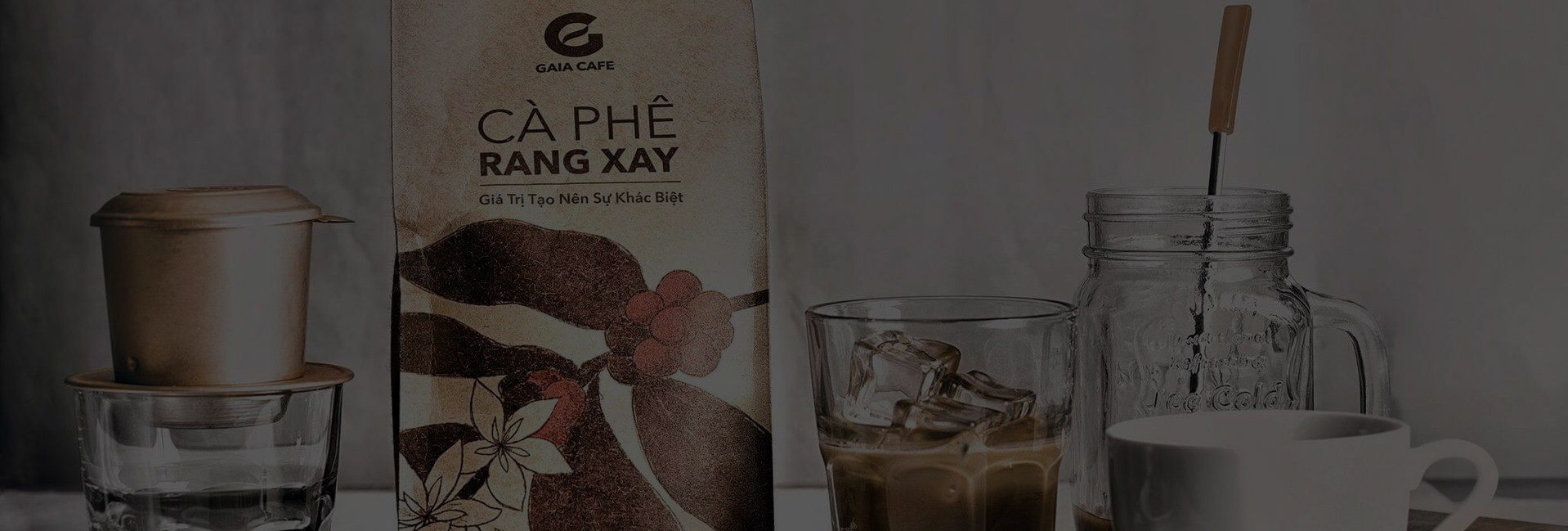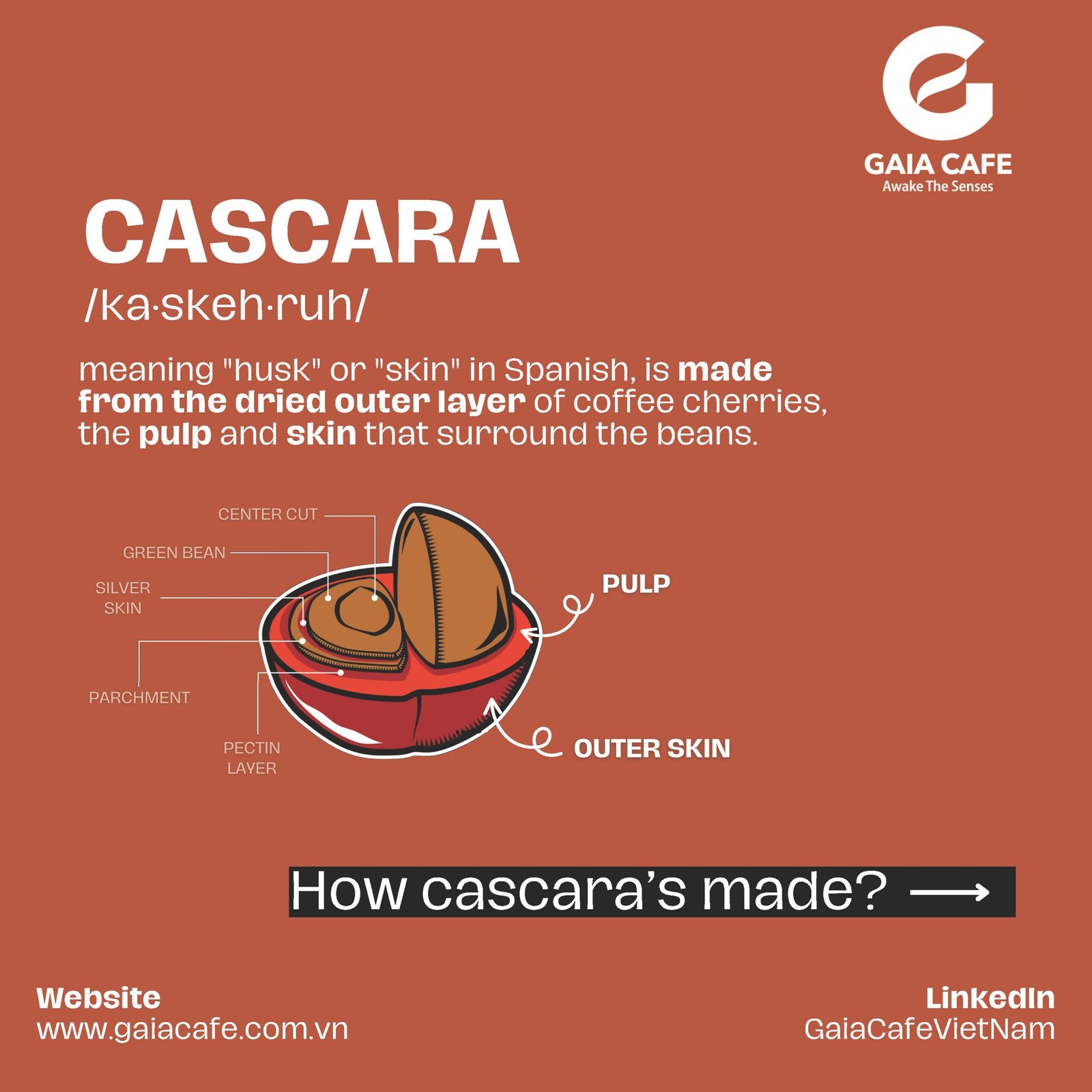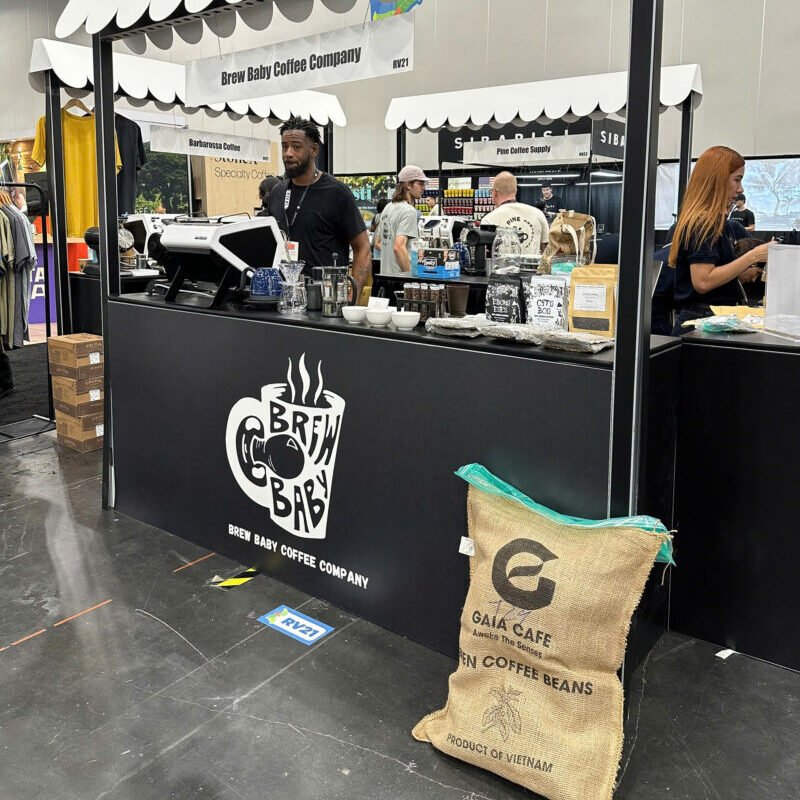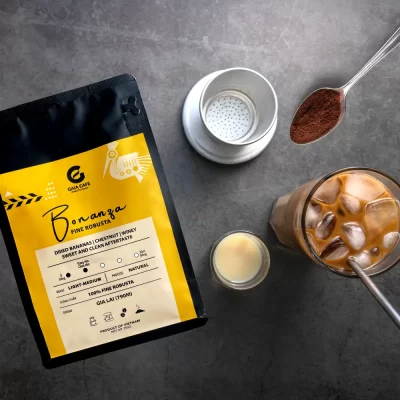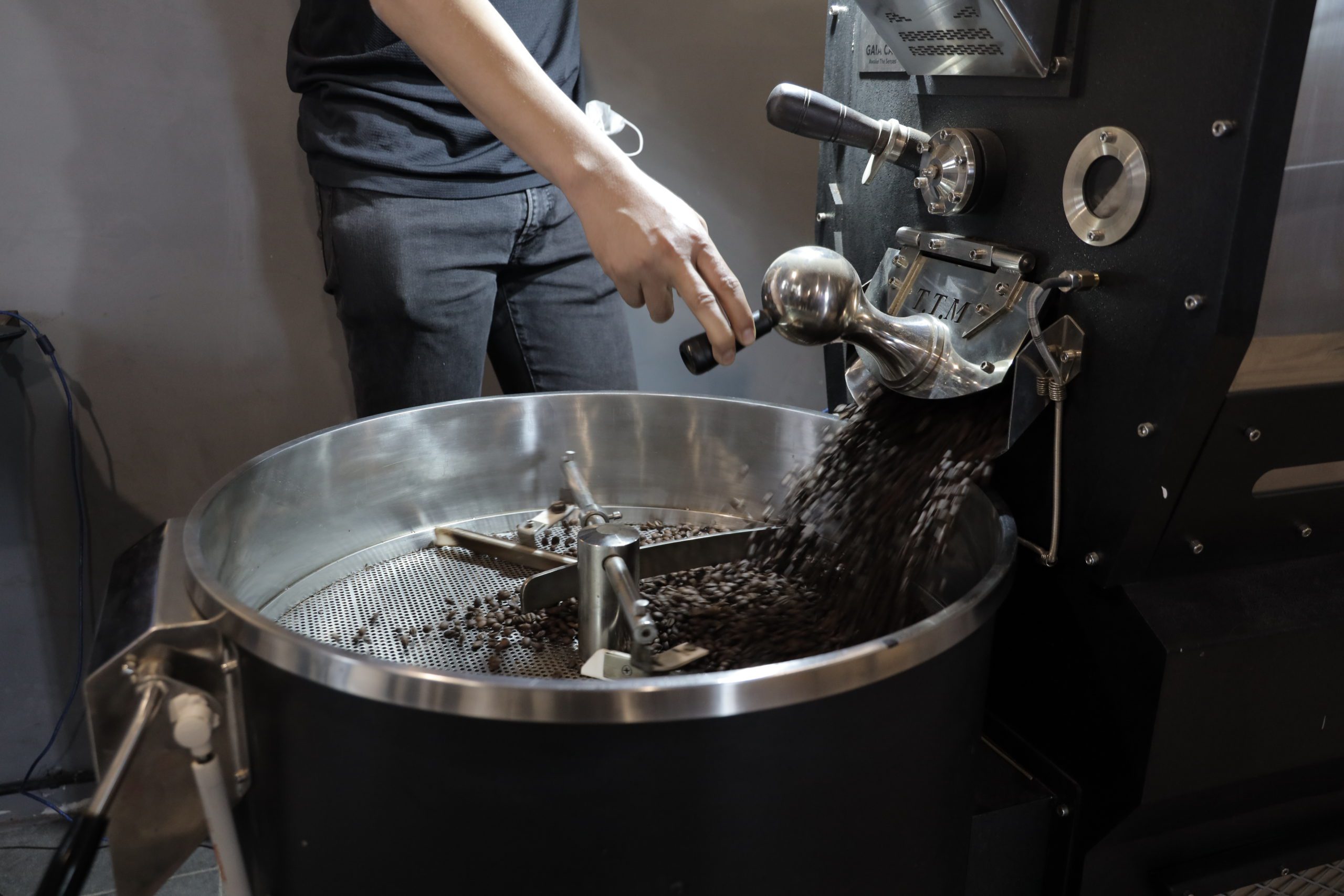
Benefits of Buying Small Batch Roast Coffee
Small Batch Roasting
Small batch coffee roasting has become increasingly popular in recent years. This method of roasting coffee beans involves roasting small amounts of beans at a time, rather than large batches, typically no more than 50lbs at a time. Small-batch roasting is often associated with specialty coffee, as it emphasizes quality over quantity and aims to highlight the nuances and complexities of each coffee. While it may seem counterintuitive to roast coffee in small batches from a producer’s stand point, there are actually many benefits to this method of roasting.
What Constitute a Small Batch Roast?
Coffee that is roasted in batches smaller than 23kg (50lbs) constitutes a small-batch-coffee; and a small-batch roaster is someone who roasts fewer than 100,000 lbs (around 45,000 kg) of coffee annually, according to Roast Magazine. This approach allows for greater control over the roasting process, as each batch can be tailored to bring out the unique flavor profile of the coffee. However, like all things in life, there are always two sides to a coin. As a roaster and a business owner, small-batch roast can be costly, time consuming and labor intensive. So let’s look at both sides of this equation and examine the pros versus the cons. Then you can judge for yourself whether this method is worth exploring.

1.CONTROL, CONTROL, CONTROL
One of the main benefits of small batch coffee roasting is that it allows for more control over the roasting process. When roasting small batches, the roaster can closely monitor the beans to ensure that they are roasted to perfection. For example, at Gaia, we use the Artisan app to carefully control the roast curve and flavor profile of each batch. This is especially important when roasting specialty coffee beans, which require a higher level of precision in order to achieve their unique flavor profiles. The roaster’s job here is to bring out the intrinsic values of the bean characteristics and highlight them using the roasting process, and sometimes to correct minor green bean defects as well. Basically, there are no bad specialty coffee, just inexperienced roasters.
2. GREATER EXPERIMENTATION AND CREATIVITY
Roasters can try out different roast profiles and techniques without committing to a large batch. This can lead to new and exciting flavor profiles that may not have been discovered otherwise. And if one makes mistake during the experiment, large batches could make one lose money. Sure, we can do a test roast on the small sample roasting machine, then transfer and adapt the roast profile onto a large roaster. But having worked many years in industrial manufacturing companies, I know for a fact that moving from the lab (or AutoCAD drawing, or test batch) to a larger-scale production can never achieve 100% transfer rate. There are always margin of errors. And with large batch of expensive specialty Geisha beans, making mistakes would be extremely costly.
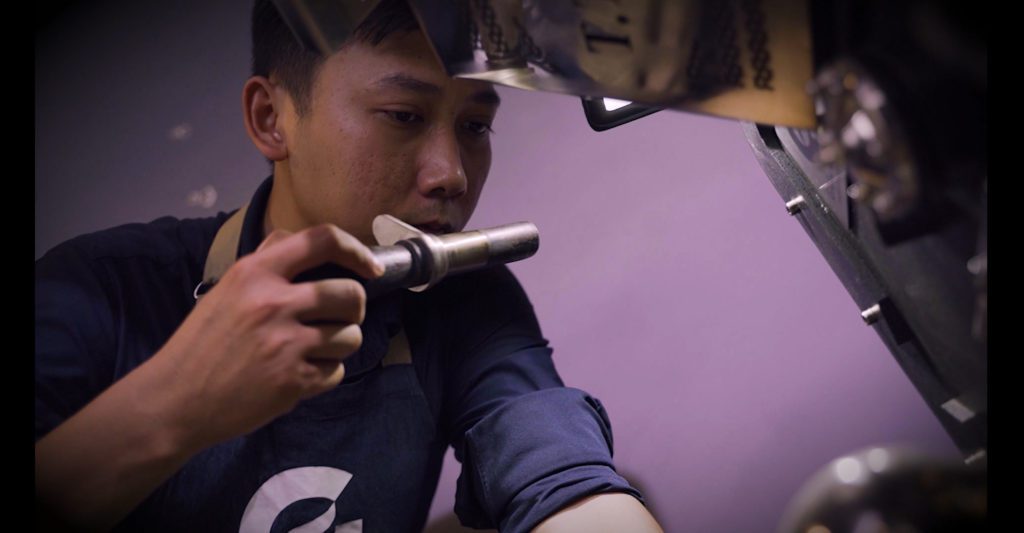
3. FRESH COFFEE
Because small batches are roasted more frequently, the coffee is always fresh and has a shorter time between roasting and brewing. This can result in a more vibrant and flavorful cup of coffee.
4. TRACEABILITY
In addition to producing fresher coffee, small batch roasting also allows for greater traceability of the coffee beans. Roasters can trace the origins of each small batch of beans and ensure that they are ethically sourced and of high quality. This is important for consumers who are interested in supporting sustainable and ethical coffee production.
5. SUPPORT LOCAL ECONOMIES
Small batch coffee roasting also supports local businesses and economies. Many small batch roasters source their beans from local farms and suppliers, which helps to support local economies and promote sustainable agriculture.
6. PRODUCT QUALITY CONSISTENCY
Small batch coffee roasting can result in a more consistent and higher quality product. By closely monitoring each batch of beans, roasters can ensure that each batch is roasted to the same level of perfection. This consistency is important for building a loyal customer base and establishing a strong brand identity.

LOWER EFFICIENCY AND BUSINESS PRODUCTIVITY
One disadvantage of small batch roasting is that it can be less efficient than larger batch roasting methods. Roasting small batches of coffee can take more time and energy, which can increase production costs. This may result in a higher price for the final product, which can be a disadvantage for some consumers.
Another one is that it can limit the volume of coffee that can be produced in a fixed amount of time. This can be a problem for small roasters who may struggle to meet demand during peak periods. Small roasters may not have the capacity to produce large quantities of coffee, which can limit their ability to scale up their business.
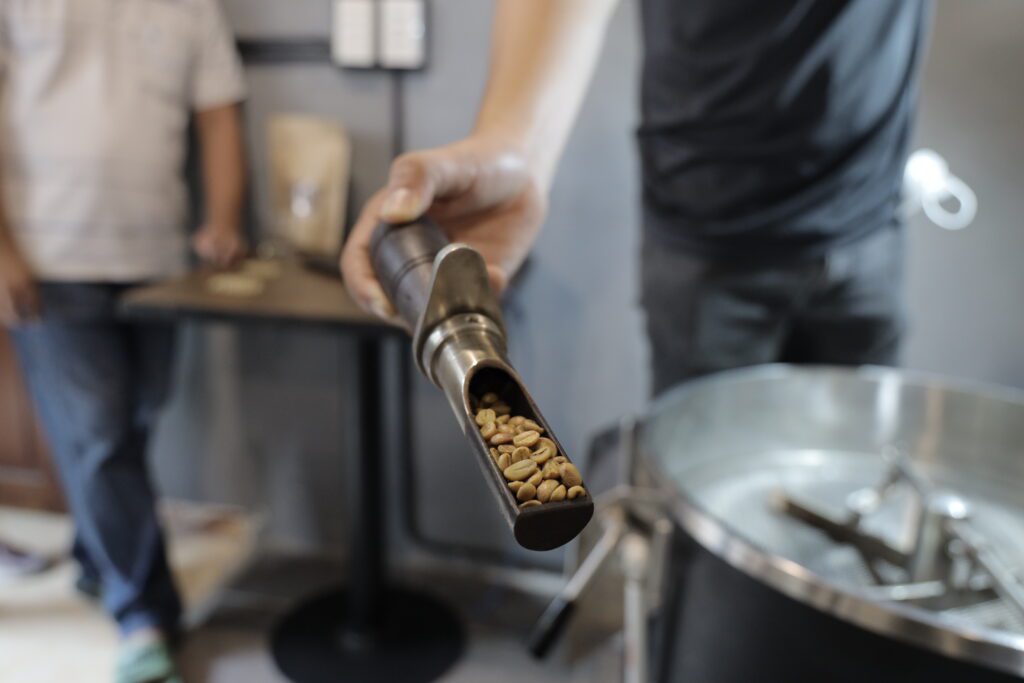
I’M TEAM SMALL-BATCH ROAST ALL THE WAY
Overall, the benefits of small batch roastings do outweigh its potential drawbacks, in my honest opinion. From greater control and experimentation to fresher and more traceable coffee, small batch roasting has become an important part of the specialty coffee industry. More importantly, this method allows coffee roasters like Gaia to work more closely with coffee farmers, fostering direct relationships and promoting sustainable practices in the coffee industry. Whether you are a coffee enthusiast or a coffee roaster, small batch coffee roasting is definitely worth exploring.



